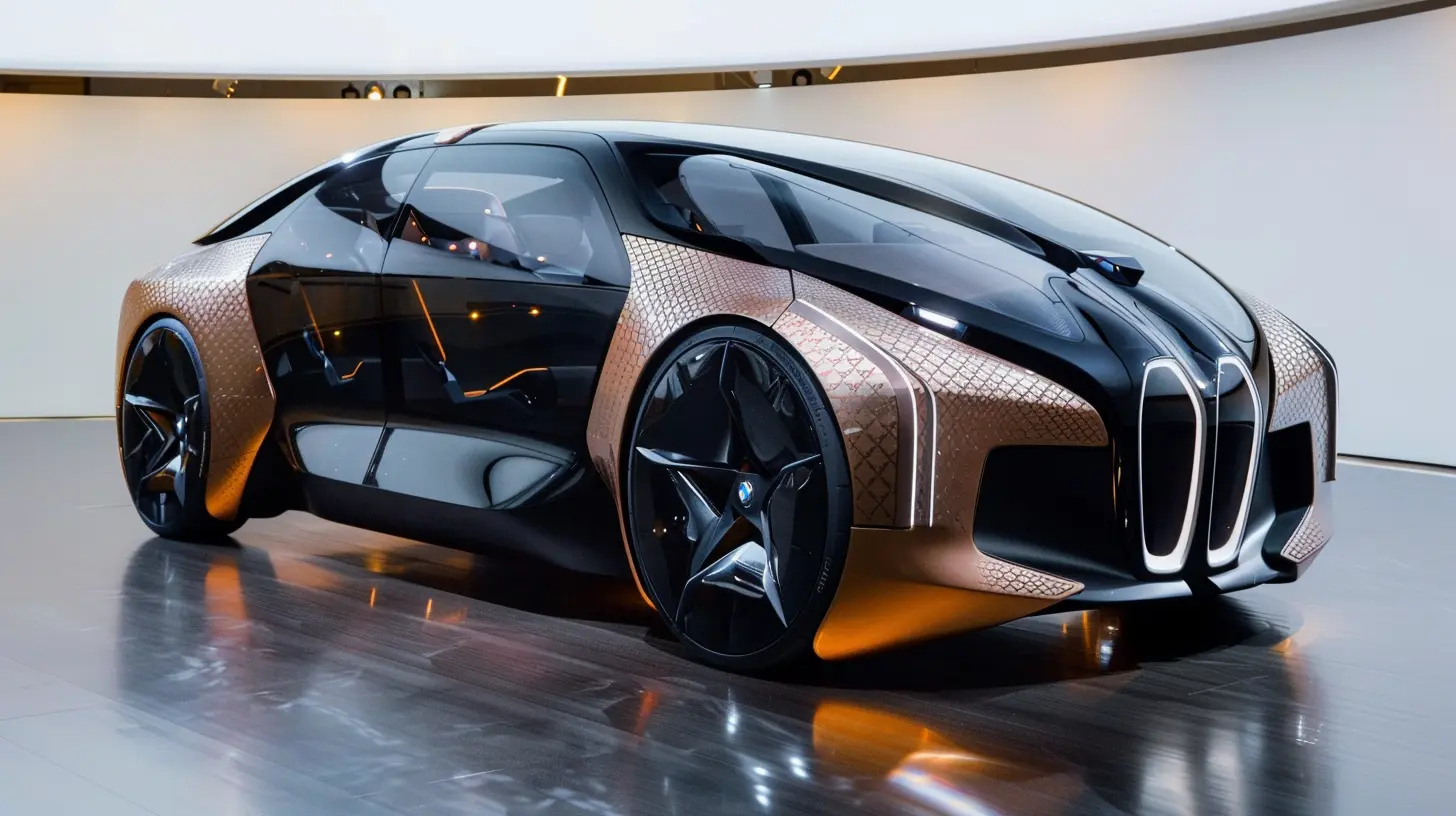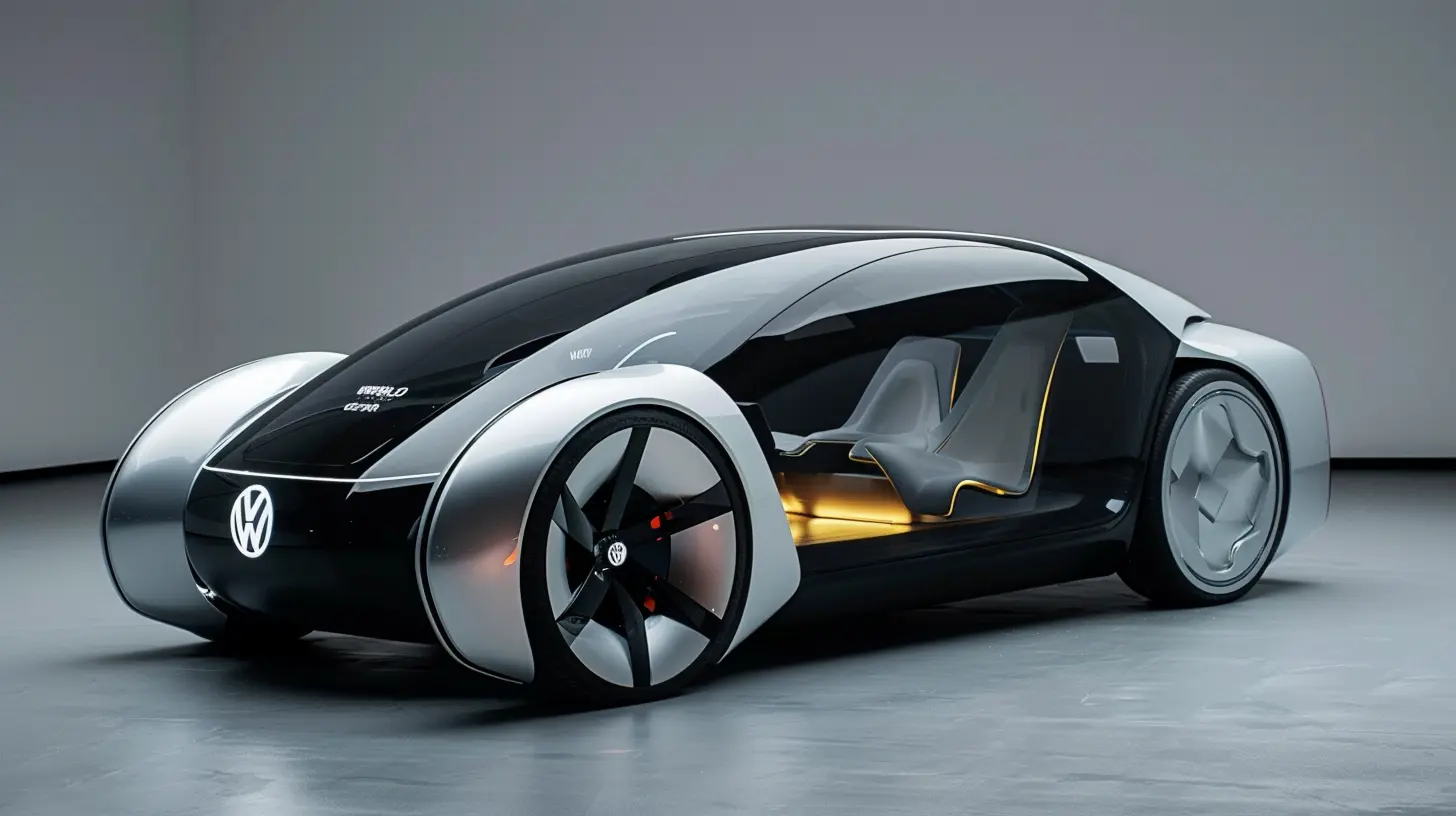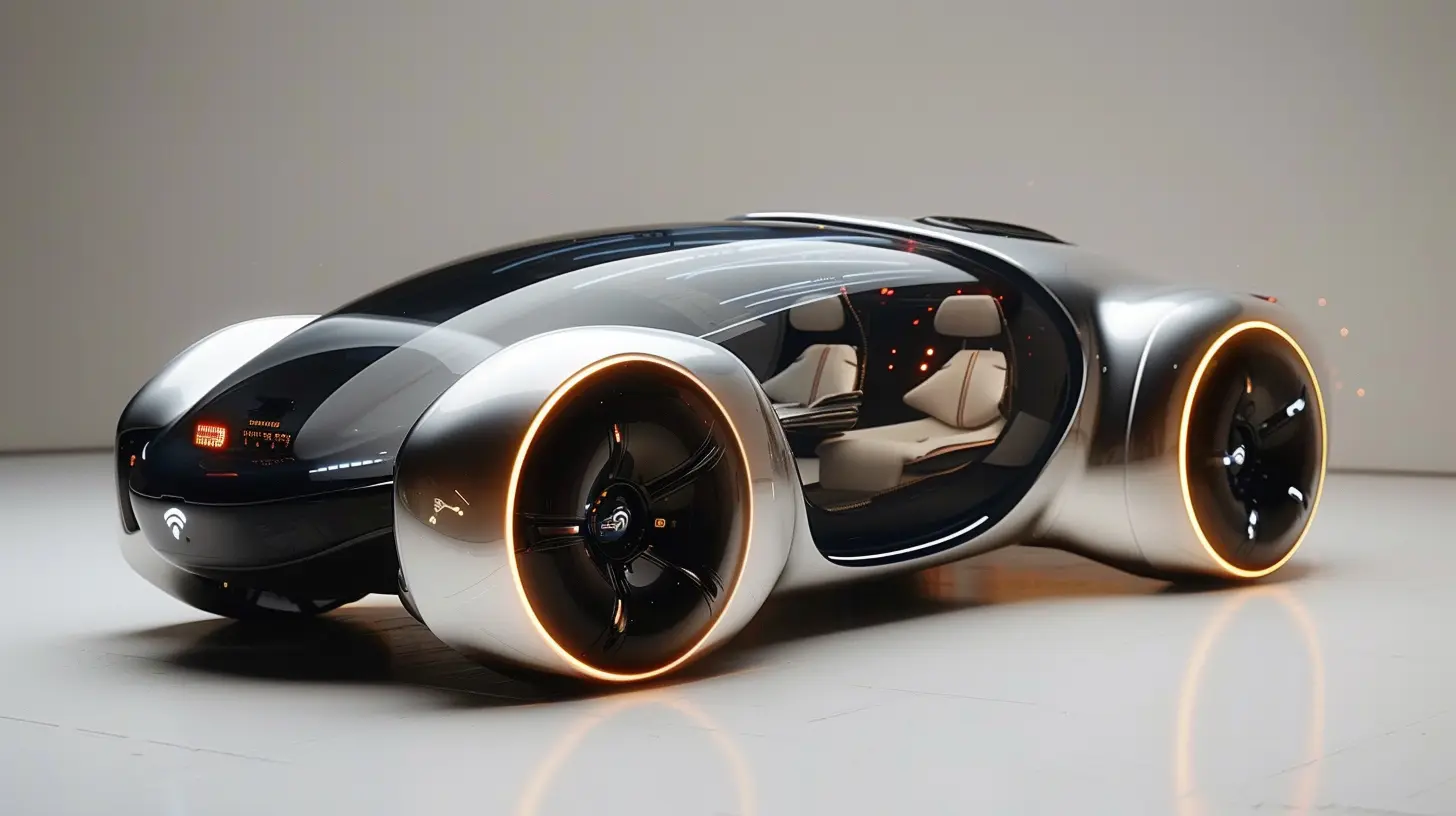Autonomous Cars and the Future of Car Entertainment Systems
14 September 2025
Autonomous cars, once a concept found only in science fiction, are quickly becoming a reality. While much of the conversation around self-driving cars centers on safety, efficiency, and AI, there's another exciting aspect that’s often overlooked – car entertainment systems.
With autonomous vehicles, the way we spend time in our cars is bound to change dramatically. Instead of focusing on the road, drivers (or should I say, ex-drivers) will have the luxury to kick back, relax, and enjoy an entirely new world of in-car entertainment.
But what exactly does the future hold for car entertainment systems in the age of autonomous vehicles? Let’s dig into it.

The Rise of Autonomous Cars
Before we dive into the entertainment side of things, it’s important to understand where we are with autonomous vehicles.Self-driving cars have been in development for years, with companies like Tesla, Google's Waymo, and Uber leading the charge. These cars rely on advanced sensors, cameras, and AI to navigate the roads, detect obstacles, and make decisions – all without human intervention.
There are different levels of vehicle automation, ranging from Level 0 (no automation) to Level 5 (full automation). Most autonomous cars today are still in the testing phase, hovering around Level 3 or 4. Level 5 vehicles, which are fully self-driving and can handle all driving tasks, are the ultimate goal.
Now, think about it: If you don’t have to keep your eyes on the road or hands on the wheel, what will you do while sitting in the car? That’s where the future of car entertainment systems comes into play.

The Evolution of Car Entertainment Systems
Car entertainment systems have come a long way since the days of simple AM/FM radios. Remember when just having a CD player in your car was a luxury? Nowadays, we have Bluetooth connectivity, touchscreen infotainment displays, GPS navigation, and even streaming services built into some vehicles.But, these systems are still designed with the assumption that the driver needs to stay focused on the road. Enter autonomy, and the game changes entirely.
In an autonomous world, passengers (and yes, even the driver) will have the freedom to fully immerse themselves in entertainment. We’re not just talking about listening to music or podcasts, but full-blown multimedia experiences.

The Future of In-Car Entertainment
1. Immersive Visual Displays
With autonomous cars, the interior design of vehicles is set to transform. One of the most exciting possibilities is the introduction of immersive visual displays.Instead of the typical dashboard touchscreen, imagine the entire windshield and side windows functioning as one giant screen. This could allow passengers to stream movies, video games, or even engage in virtual reality experiences. We’re talking about 360-degree panoramic displays that turn your car into a mobile cinema or gaming rig.
And it doesn’t stop there. Companies like Audi and BMW have already experimented with holographic displays and augmented reality, where digital content is projected in real-time onto the windshield. Want to watch a movie while glancing at the sunset? Why not do both?
2. Virtual Reality (VR) and Augmented Reality (AR)
Speaking of virtual reality, VR and AR will likely play a huge role in the future of car entertainment. Since passengers won’t need to worry about driving, they can pop on a VR headset and escape to another world entirely.Imagine driving through a scenic countryside while you’re battling aliens in a VR game or attending a virtual concert. Holoride (a startup backed by Audi) is already working on this. They’re developing VR experiences that sync with the car’s movements, minimizing motion sickness and creating a more immersive experience.
AR could also be used to enhance the real world. Instead of replacing reality, AR overlays digital content onto the physical environment. For instance, you could look out the window and see historical facts, restaurant reviews, or even directions pop up in real-time.
3. Personalized Content Streaming
As cars become more connected, they’ll be able to offer more personalized entertainment experiences. Think about platforms like Netflix or Spotify but tailored to your preferences and mood while you’re in transit.Advanced AI could curate content based on your past behavior, time of day, or even your destination. Heading to a beach vacation? Your car might suggest a playlist of tropical tunes or stream a travel documentary about your destination.
Not only that, but with 5G technology, passengers will have access to ultra-fast internet speeds, enabling uninterrupted streaming of high-definition movies, TV shows, and games.
4. Interactive Gaming Experiences
For the gamers out there, autonomous vehicles could become the new gaming frontier. Instead of playing on a small mobile screen, the car itself could become a giant interactive gaming console.With the rise of cloud gaming services like Google Stadia and Microsoft’s xCloud, passengers could stream AAA games directly to the car’s entertainment system. Multiplayer gaming with friends in other locations? No problem. And with motion-sensor technology, who knows – you might even be able to control games with gestures, kind of like a Kinect for your car.
There’s also potential for location-based gaming. Autonomous cars could work like Pokémon Go on steroids, where your real-world surroundings become part of the gaming experience. You could interact with virtual objects or characters that pop up along your route, blending the lines between the digital and physical worlds.
5. Social and Collaborative Entertainment
Autonomous cars could also transform how we socialize during trips. Instead of everyone sitting quietly in their own little bubble, passengers could engage in collaborative activities.Cars could feature group karaoke systems, where everyone can sing along to their favorite tunes. Or, they could have interactive quizzes and games that passengers can play together. Gone are the days of road trip boredom – autonomous cars could turn the journey into a social event in and of itself.
Imagine sharing a car with friends and participating in a virtual escape room challenge, or all watching the same movie while discussing it in real-time.
6. Work and Productivity
Okay, entertainment is fantastic, but not everyone wants to spend every minute of a car ride gaming or watching movies. Some may want to use the time productively.In the future, autonomous cars could act as mobile offices. With advanced voice assistants and AI-driven task management systems, passengers could get work done while on the go. Need to jump on a video conference? No problem. Autonomous cars could offer noise-canceling interiors and even adjustable lighting systems to create the perfect work environment.
You could also use the time to catch up on emails, review documents, or even dictate ideas to a virtual assistant. Who knew commuting could become the most productive part of your day?
7. Health and Wellness
It’s not just about work and play – autonomous cars could also cater to your well-being. Expect to see entertainment systems that focus on health and wellness.This could include guided meditation apps, virtual fitness classes, or even sleep-enhancing environments that adjust the car’s lighting, temperature, and seating to help you relax or nap. In fact, some luxury carmakers like Mercedes-Benz are already exploring these ideas with their well-being programs built into the car’s infotainment system.
8. Car Customization and Personalization
Lastly, your autonomous car could become a highly personalized space. Expect modular interiors where seating, lighting, and even the layout of the car can be adjusted to suit your preferences. Want to turn your car into a lounge with reclining seats and ambient lighting for a movie marathon? Done.With voice recognition and biometric sensors, the car could automatically adjust settings based on who’s inside. It’ll know your favorite temperature, playlist, and even your preferred entertainment options.

Challenges Ahead
Of course, as exciting as all this sounds, there are still challenges to overcome. Safety will always be a top concern. As much as we want to immerse ourselves in entertainment, there will need to be strict regulations in place to ensure passengers can take over control in emergencies.Data privacy is another issue. Autonomous cars will rely heavily on data collection to offer personalized experiences, and ensuring that this data is protected will be crucial.
Lastly, all these futuristic entertainment systems will require high-speed internet and massive computational power. While 5G is on the horizon, there’s still a long way to go before the infrastructure is ready to support the massive data demands of fully autonomous vehicles.
Final Thoughts: The Road Ahead
Autonomous cars are set to revolutionize not only how we travel but also how we entertain ourselves during the journey. From immersive VR experiences to personalized streaming and interactive gaming, the possibilities are endless.As the technology behind self-driving cars continues to evolve, so too will the entertainment systems inside them. The future of car entertainment is not just about keeping passengers occupied – it’s about transforming the car into an entirely new kind of experience.
Who knows? In a few years, your daily commute might feel less like a chore and more like an adventure.
all images in this post were generated using AI tools
Category:
Autonomous VehiclesAuthor:

Kira Sanders
Discussion
rate this article
1 comments
Ian Oliver
Imagine cruising in an autonomous car while binge-watching your favorite show or playing video games! With the future of car entertainment systems, road trips could become the ultimate couch potato experience. Buckle up for some fun times ahead!
September 16, 2025 at 2:23 AM

Kira Sanders
Absolutely! The combination of autonomous driving and advanced entertainment systems will redefine road trips, turning travel time into pure leisure. Exciting times ahead!


